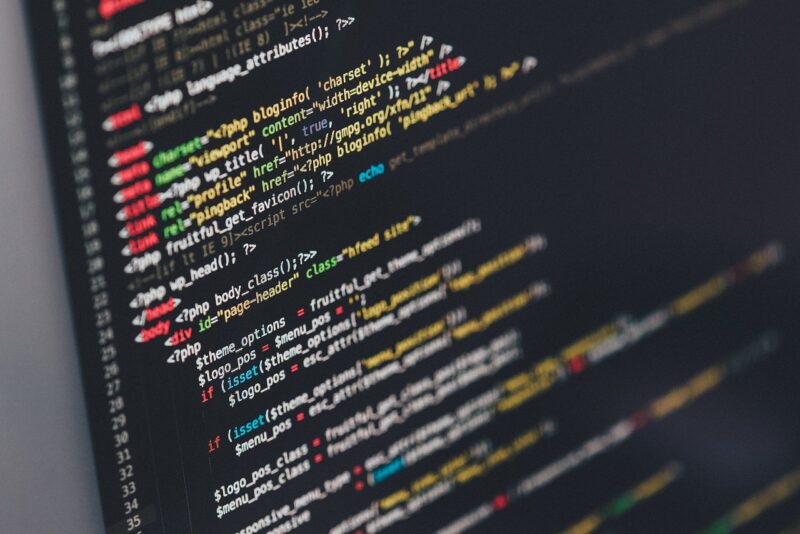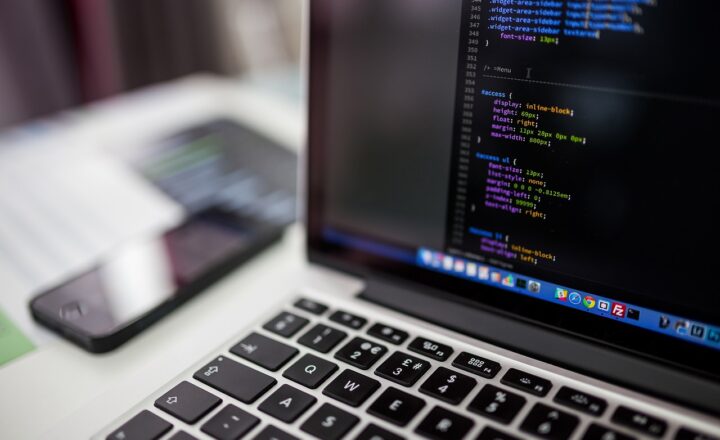
Learning to code can be a powerful way to expand your career opportunities, improve problem-solving skills, and gain a deeper understanding of how technology works. This guide will take you through the basics of coding and how to start learning programming from scratch, regardless of your prior experience.
1. Understand Why You Want to Learn Coding
Before you dive into coding, it’s helpful to understand your motivation. Are you interested in web development, data science, or creating mobile apps? Identifying your goals can help you choose the right language and learning path.
Common Reasons to Learn Coding:
- Develop websites or web applications.
- Create mobile apps for iOS or Android.
- Analyze data for better business insights.
- Automate tasks or improve problem-solving skills.
Tip: Having a clear purpose will keep you motivated and focused on the right learning resources.
2. Choose Your First Programming Language
There are many programming languages, each with its own strengths and uses. Start with a beginner-friendly language that aligns with your goals.
Popular Beginner-Friendly Languages:
- Python: Ideal for beginners, used in web development, data analysis, and AI.
- JavaScript: Essential for web development, allows you to build interactive websites.
- HTML & CSS: Basic building blocks for creating static web pages.
- Scratch: A visual programming language, perfect for younger learners and absolute beginners.
Why It Matters: Choosing the right language can make learning easier and more enjoyable.
3. Familiarize Yourself with Coding Concepts
Coding involves concepts and structures that are common across most programming languages. Understanding these basics will help you learn any language more effectively.
Key Coding Concepts:
- Variables: Store data that your program can manipulate.
- Loops: Repeat a block of code multiple times.
- Conditions: Make decisions in code using statements like “if” and “else.”
- Functions: Reusable blocks of code that perform a specific task.
Tip: Familiarizing yourself with these concepts early on will simplify your coding journey.
4. Use Online Resources to Get Started
There are countless online resources available for learning to code, from free tutorials to comprehensive courses. Start with beginner-friendly platforms that offer interactive lessons.
Recommended Resources:
- Codecademy: Interactive tutorials for various programming languages.
- freeCodeCamp: Free, project-based lessons with certifications.
- Coursera & edX: University-level courses on programming fundamentals.
- Khan Academy: Free courses in HTML, CSS, and JavaScript basics.
Why It Matters: Interactive lessons allow you to practice as you learn, which is crucial for building coding skills.
5. Start Small with Simple Projects
The best way to learn coding is by applying what you know. Begin with small projects that allow you to practice coding concepts and gradually increase complexity.
Beginner Project Ideas:
- Create a personal website with HTML and CSS.
- Build a calculator app using JavaScript.
- Write a simple Python program to track expenses.
- Design an interactive story or game using Scratch.
Tip: Completing projects will build your confidence and deepen your understanding of programming.
6. Practice Problem-Solving with Coding Challenges
Coding challenges are a great way to improve your logic and problem-solving skills. Many platforms offer challenges at various skill levels to help you practice.
Platforms for Coding Challenges:
- HackerRank: Challenges in various languages and topics.
- LeetCode: Focuses on algorithms and data structures.
- Codewars: Gamified coding challenges with community solutions.
- Project Euler: Math and programming puzzles for advanced learners.
Why It’s Effective: Regular practice with coding challenges enhances your logical thinking and prepares you for real-world coding tasks.
7. Join Coding Communities
Learning to code on your own can be challenging, but joining a community can provide support, resources, and motivation. Online communities are great places to ask questions, share projects, and get feedback.
Popular Coding Communities:
- Stack Overflow: A Q&A site for all programming languages.
- Reddit: Subreddits like r/learnprogramming and r/Python.
- GitHub: A platform to share and collaborate on code projects.
- Discord & Slack Groups: Coding groups where you can interact with other learners.
Tip: Connecting with others can keep you motivated and provide valuable insights as you learn.
8. Stay Consistent and Practice Regularly
Consistency is key to mastering coding. Set aside regular time each week to practice, even if it’s just 30 minutes a day. Building coding habits helps you make steady progress over time.
Tips for Staying Consistent:
- Create a learning schedule and stick to it.
- Set weekly or monthly goals to stay motivated.
- Track your progress with a journal or habit-tracking app.
Why It Matters: Regular practice solidifies your knowledge and helps you gradually develop your skills.
Conclusion
Learning to code from scratch can seem overwhelming, but with the right approach, it’s entirely achievable. Start by choosing a language that suits your goals, use online resources, build small projects, and practice regularly. Remember, coding is a skill that takes time to develop, so be patient and enjoy the learning process. With persistence, you’ll soon find yourself writing code with confidence.







